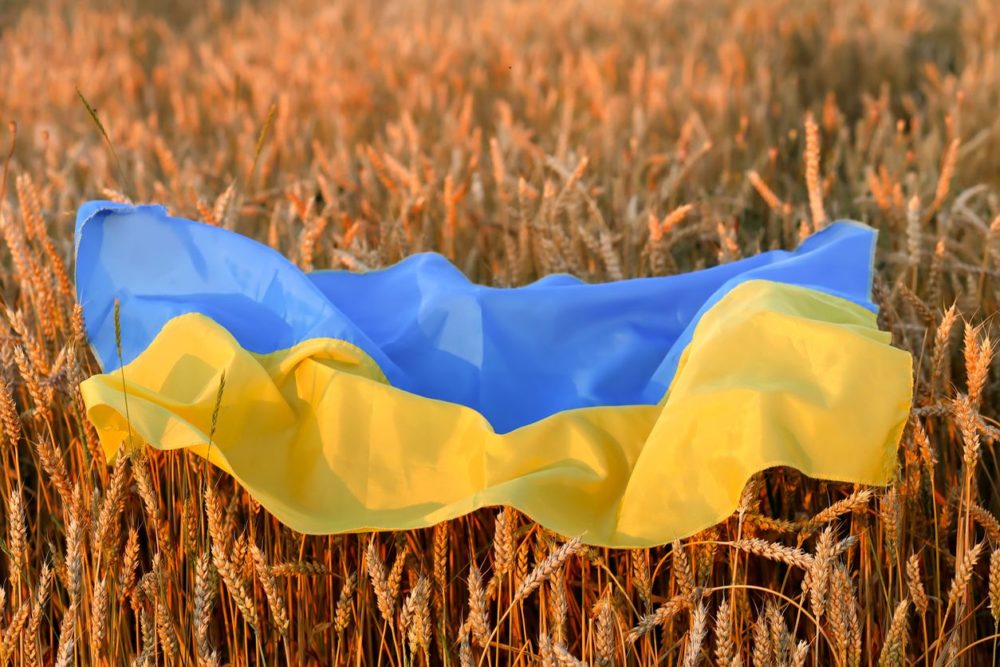- Logistical problems stemming from war, climatic events, and supply chain disruptions, and an expected 35% to 45% decline in Ukraine crop production next year, is set to impact the nutritional needs of up to 250 million people or 3% of the world population, according to a new report from McKinsey.
- The invasion is already expected to reduce grain exports from two of the world’s breadbaskets, Ukraine and Russia, by as much as 22 million metric tons, in 2022.
- Up to 60 million tons of grain may “be lacking” from the world’s food supply by the end of 2023.
- Some countries will suffer more than others — many in Africa and Asia that rely on grain imports could be hit by price increases, impacting more than 1 billion people and up to nearly 2 billion if the global shortage continues.
- “Swift mitigations” including de-risking logistical routes and reducing trade restrictions may help, but the window to use these is closing, according to the report.
Why it matters:
Together, Ukraine and Russia export 28% of the world’s wheat and 15% of its corn, according to McKinsey. Despite the deal signed in July to free 20 million tons of grain held in Black Sea Ports, short- and long-term concerns suggest the global food situation remains delicate and at risk.
One near-term concern is the condition of the grain that was just released and whether it’s still fit for human consumption. Another is the lowered projection for the 2022-2023 harvest in Ukraine. McKinsey estimates that harvest will be “below normal by more than 30 million tons” due to lower acreage planted and lower availability of inputs.
Global grain prices were already 40% to 50% higher than average before Russia invaded Ukraine, largely due to the Covid-19 pandemic’s impact on the global supply chain. Even as supply chain issues continue, some countries are stopping grain exports in an effort to protect their food supply, and major heat waves in places like India are putting supplies further at risk.
McKinsey’s report recommends swift action to mitigate the potential consequences of all this. Those would include unlocking Black Sea logistic routes, providing financial aid to impacted areas, and getting more grain trading on the world market from countries with buffer stocks.
Underscoring all of this is the need to address sustainability in agriculture, global food waste, and the need for more alternative proteins if we’re to make it through this food crisis and avoid the next one by building a more resilient food system.





